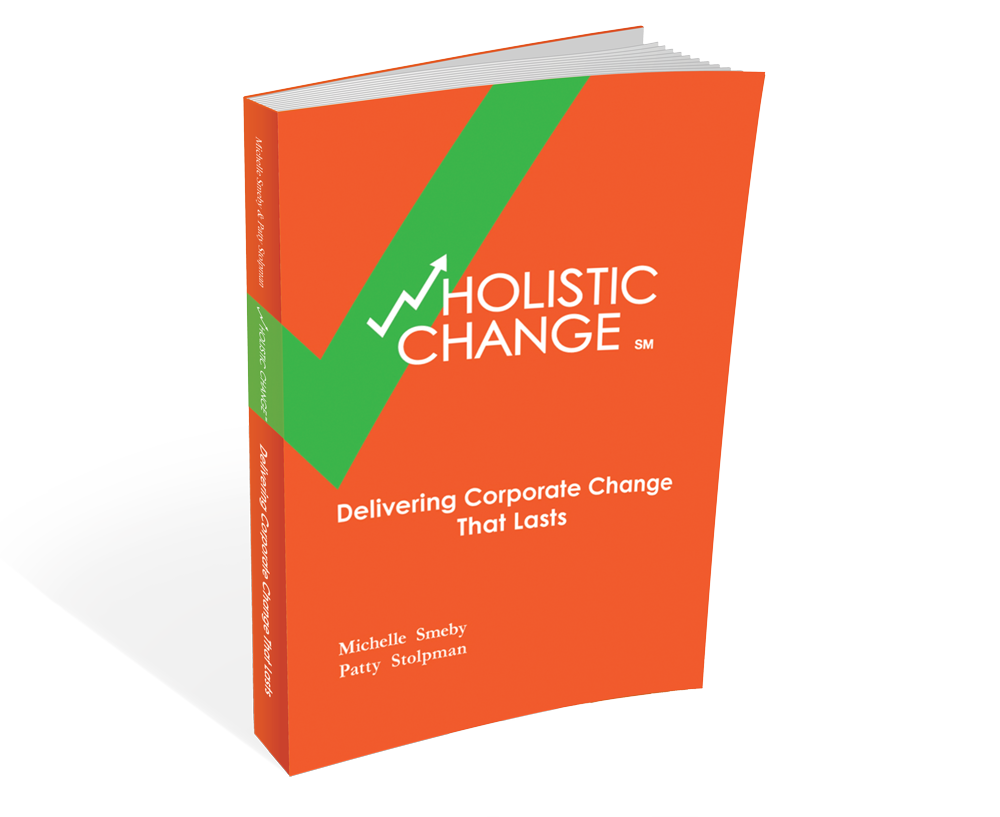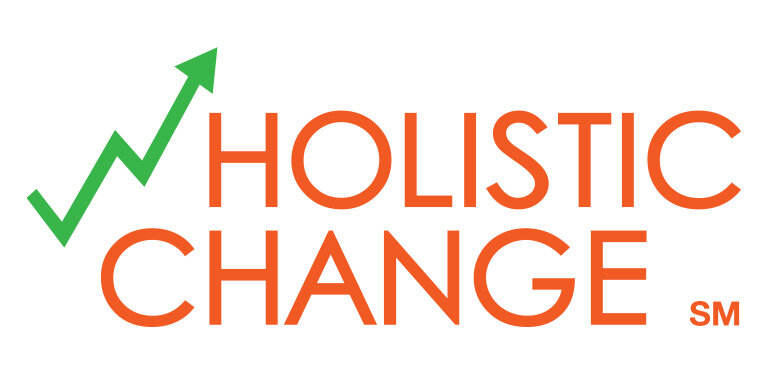The wHolistic ChangeSM approach is all about identifying the contributions that each player makes, and using their natural enthusiasm and sense of ownership to drive change.That statement just described a change agent. When you tackle change, you're going to need all possible methods to ensure success -- empowering change agents can be one of the most effective of your methods.So, what does that look like?
- The importance of your change agents needs to be recognized and made public. Name them to the rest of the organization if they have a formal role as part of the change team. If they are not part of the formal change team, there are informal ways to recognize them. Give them credibility and tribute in your communications -- recognize their contributions.
- Empower your change agents to speak on behalf of the change team. Give them the authority to provide updates to their peers, for example. They can be the voice of your change. For them to successfully communicate the message you want them to, that means you have to keep them in the know.
- Provide a networking opportunity for your change agents. Give them time to talk to each other and generate ideas. You could choose to support the formation of a formal or informal Community of Practice (CoP).
- When they provide ideas, take them seriously and give them consideration. Where you can, incorporate the ideas in the change. This not only gives them the motivation to stay involved, but also gives them credibility with their peers. You may also garner a few more change agents from the peer group!
If you follow the wC approach, you already know how important the change agent role is. If the leadership of the change effort that you're involved in doesn't understand the change agent role - describe it for them and try to persuade them to empower their change agents. If for no other reason than that it will make them look good (and smart) when this group drives home and delivers the change for them.

